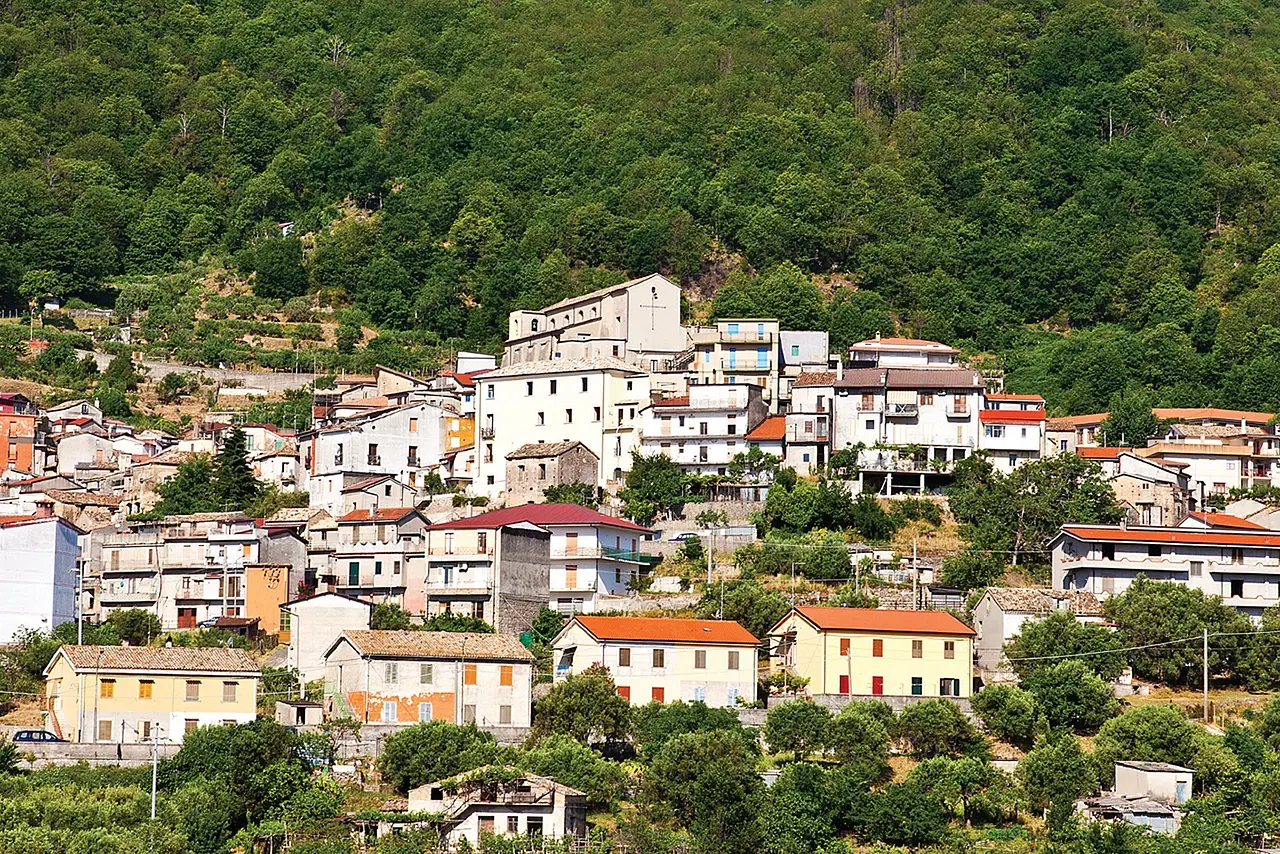




The Riviera of Angels - San Sòstene
Already a refuge for Basilian hermits, the village has become one of the first wind cities of our time

Where
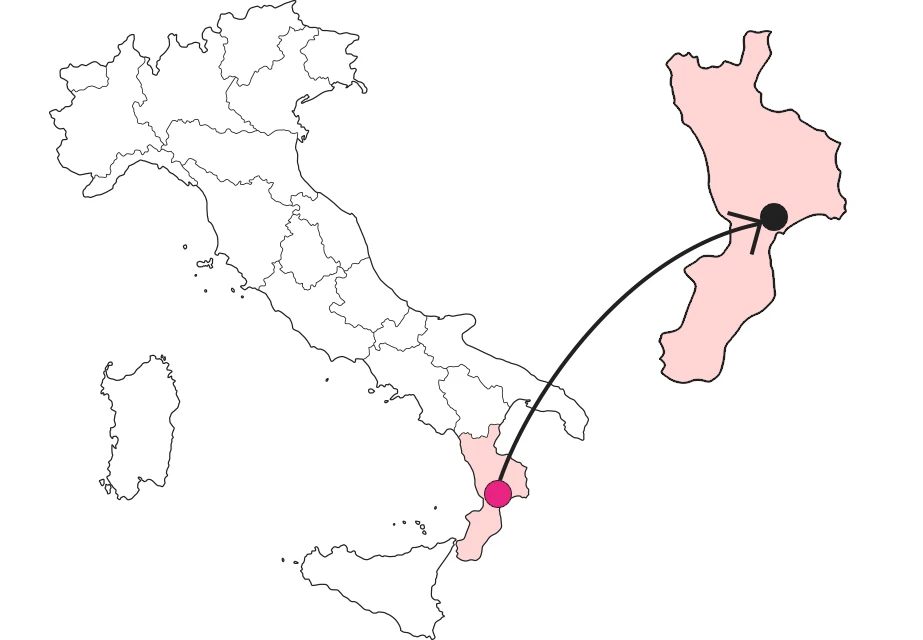
From beaches to forests a single horizon
San Sòstene is a hamlet on the Ionian side of the Serre, in the sector that has Mount Trematerra (m 1228) as its reference. The municipal territory rises from the coast, where there is a seaside hamlet, to the plateau that at 470 meters above sea level contains the town, and finally reaches the first mountain ridge. The main town has developed around the winding via Roma, an urban section of the provincial road that connects the neighboring towns of Sant'Andrea dello Ionio (m 301) and Dàvoli (m 401) through the scenery of the fiumara Alaca.
A name that carries far back in time
San Sòstene shares its origins with most of the municipalities in this part of Ionian Calabria: founding as a coastal center by Greek settlers and gradually movinginland for health and safety reasons. In the genesis of the town, the Basilian monks played a decisive role, who in the Middle Ages proceeded to unite the scattered settlements into a single center. It was they who introduced the cult of the Levantine martyr Sòsthenes of Chalcedon, who would give the village its name by rising to patron saint.
As imposing as a castle, the mother church
At the highest point of the town a widening at the edge of the transit road introduces the view of the Mother Church of Santa Maria del Monte, documented in the 16th century but rebuilt after the catastrophic earthquake of 1783. An imposing construction, one can hardly believe that it occupies the site of a Norman castle. It is an unusual staircase of fifty steps, in fact, that covers the considerable difference in height between the churchyard and the entrance portal carved in granite. Inside are the high altar in polychrome marble, frescoes and 18th-century canvases. Especially notable is the Chapel of the Souls in Purgatory, where a canvas depicting Christ on the Cross with praying women can be admired.
From silk town to wind town
San Sòstene is a town that in its long history has experienced activities related directly or indirectly to agriculture and so-called silvo-pastoral activities. Evidence of this can still be found in the rural landscape, which shifts from the wheat, vineyard and olive grove belt to the forest and pastures that provided timber, chestnuts, cheese and meat. Rare, however, are the remaining evidences of mulberry cultivation, the first step in the silk industry, a historical prerogative of San Sòstene. The decline of the traditional economy, however, has been reversed in recent years thanks to the municipality's early commitment to the field in sustainable energy. "San Sòstene City of Wind" reads on signs at the entrance to the town, on account of one of the first wind farms in the region, more than forty turbines installed at altitudes between 900 and 1,200 meters on the first ridges of the hinterland.
A patron saint from afar
Saint Sòsthenes, who was he? To know anything about him one has to go back in time to the persecution of Diocletian, at the start of the fourth century AD. Sòsthenes was a Roman military serving in the garrison of Chalcedon, a city in Bithynia, an ancient region of Asia Minor. His refusal to comply with an order to execute the Christian Euphemia, and the confession of faith in Christ that followed, led to his martyrdom. In the Calabrian town that is honored with his name and patronage, he is celebrated on the first Sunday of September as is customary in the South: solemnities, illuminations, shows and street specialties.
Enter the Map of Italy's Undiscovered Wonders and find treasures where you least expect it... Inspire, Recommend, Share...
The Map thanks:
PSC 2014-2020 del Ministero del turismo - Avviso “Montagna Italia” - Progetto le Montagne del sole - Codice CUP J38J22000450008

Enter the Map of Italy's Undiscovered Wonders and find treasures where you least expect it... Inspire, Recommend, Share...
The Riviera of Angels
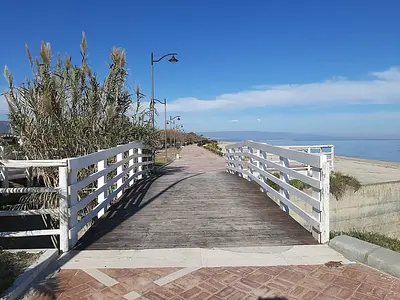
INTRODUZIONE
The Riviera of Angels
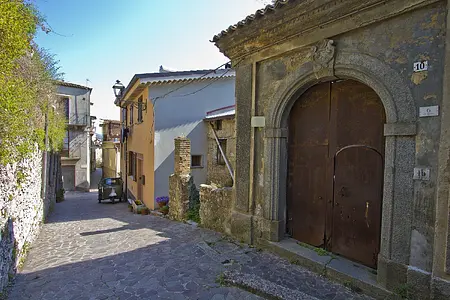
2 di 8
The Riviera of Angels - Dàvoli
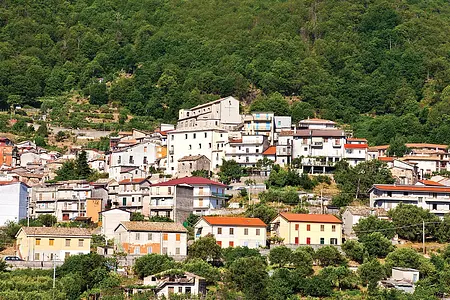
3 di 8
The Riviera of Angels - San Sòstene
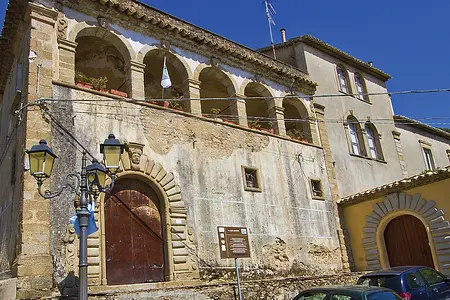
4 di 8
The Riviera of the Angels - Sant'Andrea Apostolo dello Ionio
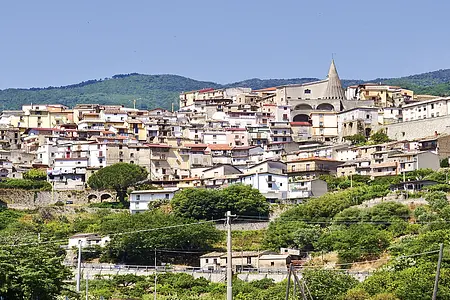
5 di 8
The Riviera of Angels - Isca on the Ionian Sea
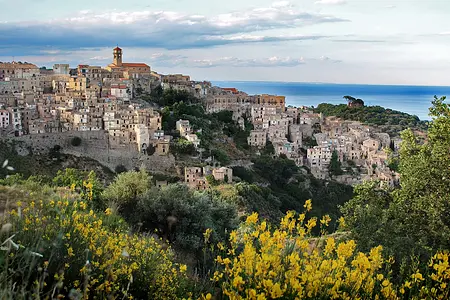
6 di 8
The Riviera of Angels - Badolato
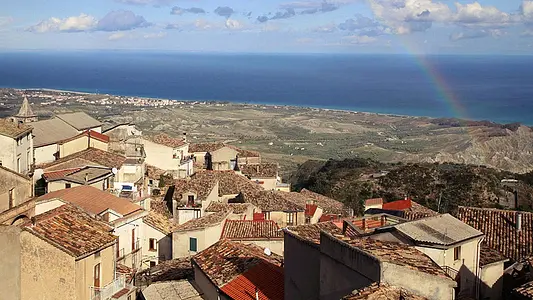
7 di 8
The Riviera of the Angels - Santa Caterina dello Ionio
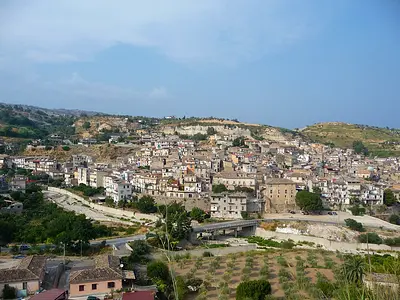
8 di 8
The Riviera of Angels - Guardavalle
Where


